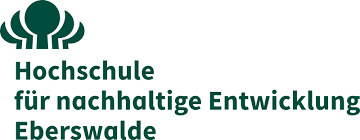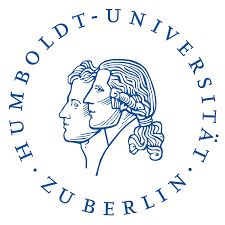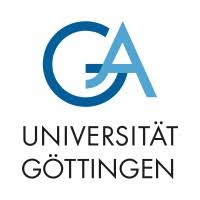Step 1 - Find your Study Program
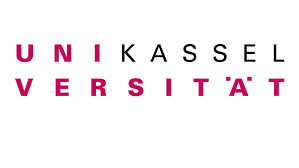
University of Kassel
Kassel
Agriculture, Ecology & Societies
Subjects: Agriculture;Ecology;Sociology
M.Sc. | Master of Science
Course description
Agriculture represents the most profound interaction between humans and the planet. It intersects with food, environmental, climate, and political crises globally. Agriculture and rural development are crucial in addressing these challenges. To transform agriculture sustainably and equitably, we need students who can integrate advances across various scientific, social, and political fields. Key areas of study include: - Natural sciences, focusing on the biophysical basis for sustainable agro-ecologies. - Land and farm management practices and their interactions with their biophysical context. - Agri-cultural beliefs and ethics. - The social organization (governance) and economics of agriculture. - Rural geographies and rural-urban linkages. - Political demands and voices within the food system. - Critical food systems research and advocacy. The Master program in Agriculture, Ecology & Societies (AGES) enables students to weave these threads together, studying agriculture as a complex socio-ecological system. It offers a robust agronomic education paired with an understanding of agriculture's economic and social contexts. With a diverse range of modules and projects, students can tailor the program to their interests and career aspirations. The program emphasizes interdisciplinary, critical, and project-based learning, taught by scholars from various disciplinary backgrounds. This
Program Information
| Study Location | Kassel |
| Start Semester | Winter |
| Study Form | Full-time |
| Study Type | Postgraduate |
| Teaching Language | English |
| Dual | No |
| Remote | No |
| Application Fee non-EU | No information |
| Study Length | 4 Semesters |
| Tuition Fees per Semester | No Tuition Fee |
| Cost per Semester | 341.0 EUR |
Step 2 - Check Application Requirements
Application Requirements
Language Requirements
| CEFR | C1 |
| IELTS | 7 |
| Cambridge (CAE) | No information |
| TOEFL IBT | 95 |
A university degree related to a course where the foreign language required was a major focus of studies. A course at a post-secondary education centre (e.g. a university) which lasted at least two years and the language, evidence of which needs to be provided, was the primary language of tuition. Evidence of having successfully completed a language course if a final certificate was issued. Level C 1 Association of Language Testers in Europe (ALTE) Level 4 UNIcert III® C1 Test of English as a Foreign Language (TOEFL) Internet-Based iBT total 95+ Test of English for International Communication (TOEIC) 490-495 (listening) and 455-495 (reading) International English Language testing System (IELTS) Min. band score 7.0 - 8.0 telc English C 1 English for Speakers of Other Languages (ESOL) (Cambridge University) Certificate in Advanced English (CAE), Certificate in English Language Skills (CELS) Higher, Business English Certificate (BEC) Higher Pearson PTE Academic Sprachniveau C1: 84 – 76 Punkte
Qualification Requirements
Bachelor degree in Agricultural Sciences, Economics, Social Sciences, Humanities or a similar field of study and with a minimum of 180 ECTS-credit (equivalent). Students with a Bachelor degree in a related field must have passed professional and methodological courses worth (at least) 60 ECTS-credits in Agricultural Sciences, Economics, Social Sciences or Humanities. Students who do not fully satisfy these requirements can be admitted with the additional obligation to pass preparatory courses, as decided on a case-by-case basis by the admission board. Proof of sufficient English language proficiency by previous studies conducted entirely in English, or international language certificate of level C1 according to the Common Framework of Reference for Languages (CEF), or international language certificate of level B2 according to the Common Framework of Reference for Languages (CEF) only if applicant worked minimum one year in an organisation where the communication is English within the last two years prior to the application. In this case, a letter from the organization regarding its office working language should be attached. A one-page letter in English that outlines the applicants' motivation to study in this program, personal experiences and expectations relevant to their further studies, as well as the long-term career goals that drive their application for a transdisciplinary Master program.
Application Process
| Acceptance Interview | No |
| Acceptance local admission restrictions | Not restricted |
| Application |
directly at the University, uni-assist |
Step 3 - Get studying insights
Your Free StudyBuddy Checklist
Want to simplify your journey to Germany?
-
Interactive step-by-step checklist
-
Helpful explanations and tips along the way
-
Designed for internationals like you


Free Live Webinar
How to Apply and Get Admission to a German University
Get ready to study in Germany!
May 22nd, 2025
-
Learn how to find your ideal program
-
Step-by-step application guide
-
Tips and tricks to get admission
Step 4 – Apply for a Visa
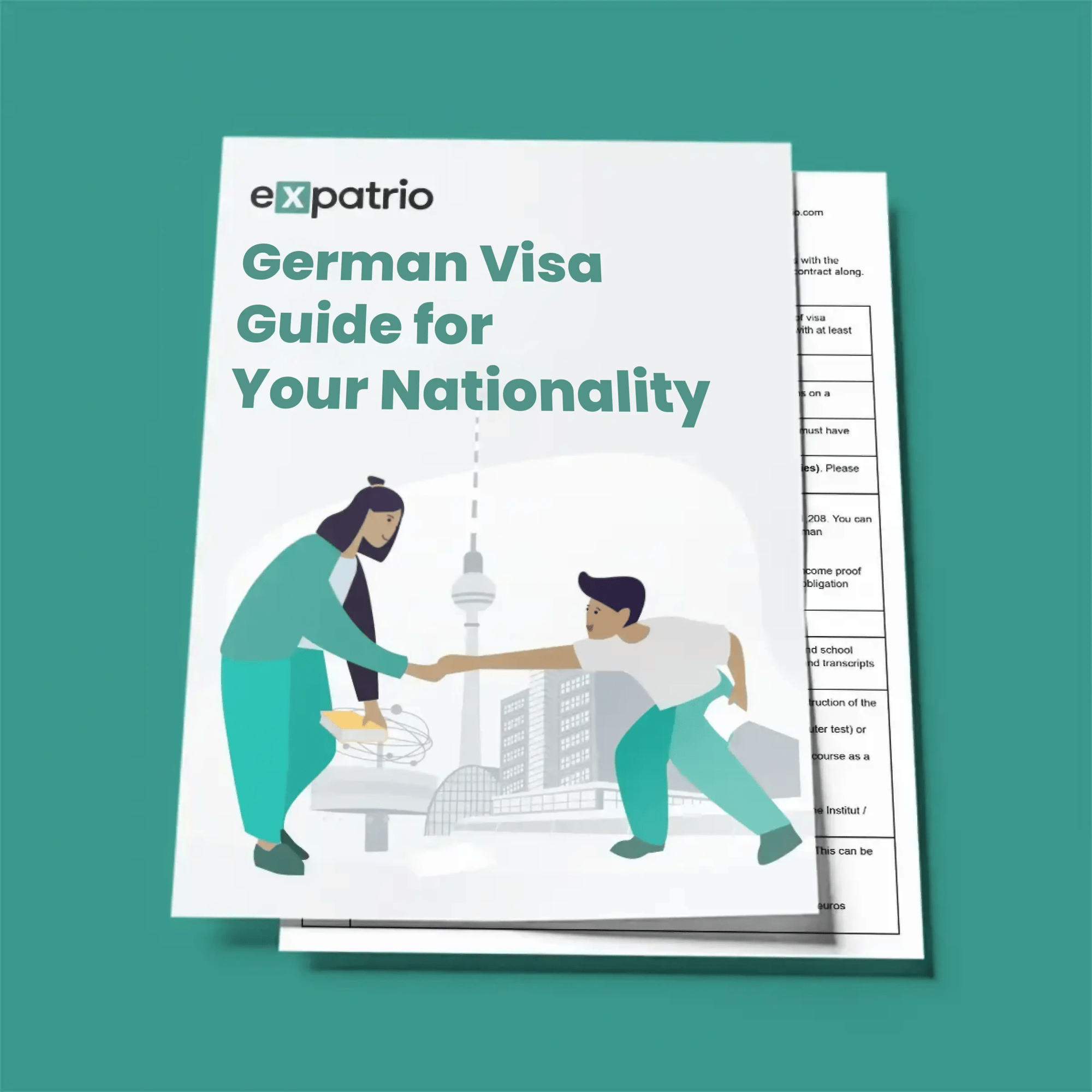
German Visa Guide
Your tailored German visa application guide
Be Prepared for Your Visa Appointment
Value Package
-
New: includes free Expatrio Bank Account. Automatically connected to your Blocked Account
-
German Blocked Account accepted by all German authorities
-
Award-winning public or private health insurance coverage4
-
Free Travel Health Insurance worth up to €953
-
Up to €90 cashback with your personalized health insurance2
-
Instant Blocked Amount confirmation once funds are received
-
24hr customer response time
-
All-in-One app for life in Germany
-
ADDITIONAL FREE BENEFITS
-
Free International Student ID Card (Digital ISIC) worth up to €18*
-
Free eBooks and resources for life and studies in Germany
-
In-app access to top-tier accommodation for internationals
-
Cost Breakdown
-
Monthly fee: Only €5
-
Blocked Account set-up fee: €0 (€69 cashback)1






